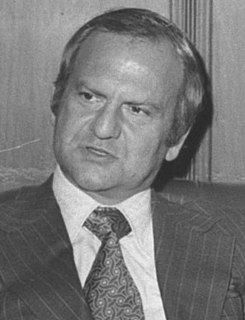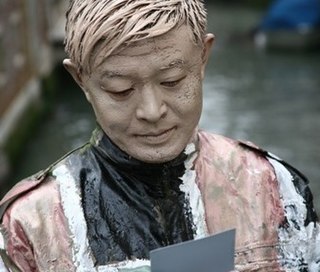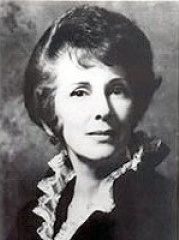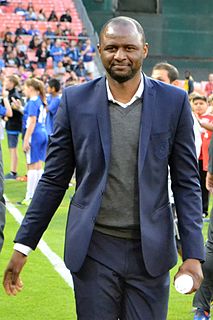A Quote by Steve Allen
In a rational society we would want our presidents to be teachers. In our actual society we insist they be cheerleaders.
Related Quotes
What we really want to do is to be left alone. We don't want Negroes around. We don't need Negroes around. We're not asking - you know, we don't want to have them, you know, for our culture. We simply want our own country and our own society. That's in no way exploitive at all. We want our own society, our own nation....
The present Hindu society is organised only for spiritual men, and hopelessly crushes out everybody else. Why? Where shall they go who want to enjoy the world a little with its frivolities? Just as our religion takes in all, so should our society. This is to be worked out by first understanding the true principles of our religion and then applying them to society. This is the slow but sure work to be done.
Our society and our organizations have learned to value masculine, 'quick-fix' traits in leaders. In a primitive society, a rural society, or even the industrial society of the early 1990s, quick fixes worked out all right. But they are less likely to work in a complex society. We need to look at long-range outcomes now. Service and patience are what can keep things running effectively today and women can contribute a lot in both of these areas.
We have heard of a Society for the Diffusion of Useful Knowledge. It is said that knowledge is power, and the like. Methinks there is equal need of a Society for the Diffusion of Useful Ignorance, what we will call Beautiful Knowledge, a knowledge useful in a higher sense: for what is most of our boasted so-called knowledge but a conceit that we know something, which robs us of the advantage of our actual ignorance? What we call knowledge is often our positive ignorance; ignorance our negative knowledge.


































